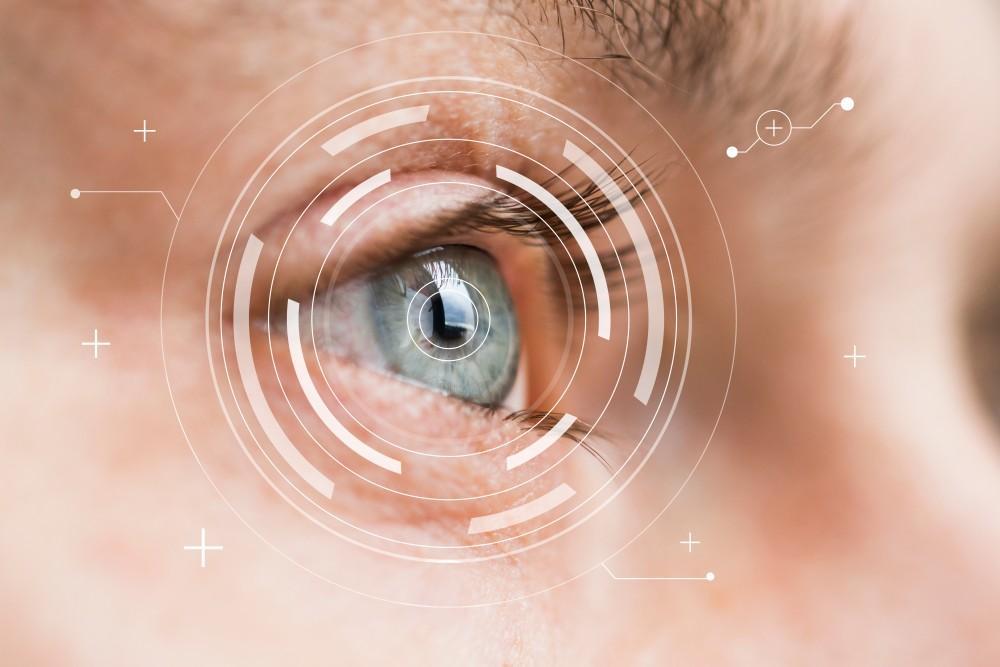
3 Types of Vision Problems That Respond Well to Refractive Surgery

Have your glasses been a necessary accessory for years? Perhaps you have to rely on them to see anything in the distance with any clarity. Whenever you go out, you have them on. Or maybe you can’t see the fine print right in front of you.
Modern eye surgery has come a long way in the past few decades. Glasses are no longer your only option to see clearly.
Board-certified ophthalmologist Dr. Stephen Khachikian performs different types of refractive eye surgery that can resolve the most common vision problems: nearsightedness, farsightedness, and astigmatism.
Nearsightedness
Nearsightedness, or myopia, is very common; up to 40% of Americans have some degree of this vision problem. When you’re nearsighted, your eye focuses light in front of the retina instead of directly on it.
This is a type of refractive error. It can occur either because your eye shape is elongated or because the curve of your cornea is too steep. Your brain perceives the messages from the retina as blurry images rather than clear ones.
If you have myopia, you’ve likely always had to wear your glasses to play a sport. If you’re a swimmer, you’ve had to get special goggles that go over glasses. Wouldn’t it be great to be free of your glasses?
During refractive surgery, Dr. Khachikian corrects the shape of your cornea so light beams on the retina instead of in front of it. Once your eye heals, you can kiss your glasses goodbye.
Farsightedness
If you’re farsighted, you can see things in the distance well but can’t read the print on a page easily without your glasses. Objects that are close by look blurry.
Farsightedness is a different type of refractive error, in which your eye focuses light in back of your retina rather than on it. This occurs either because your eyeball isn’t round but looks as if it’s being squeezed on the sides, making it shorter than it should be, or because your cornea isn’t curved enough.
Dr. Khachikian reshapes your cornea during your refractive surgery so it curves correctly and you see close objects clearly.
Astigmatism
Astigmatism causes objects to look blurry. You may have trouble reading a menu in a restaurant or reading road signs if you’re driving. Astigmatism can occur along with nearsightedness or farsightedness.
If you have astigmatism, your eye is shaped more like a football instead of being round. When light enters your eye, it can’t focus in one place. Your vision is compromised in seeing objects that are close up, at a medium distance, or far away.
Refractive surgery
If you want to see clearly without glasses, Dr. Khachikian examines your eyes and lets you know whether you qualify for refractive surgery and what type of procedure is right for you.
Perhaps someone you know has had LASIK surgery; it’s very common. During LASIK, Dr. Khachikian reshapes your cornea. Recovery is fast, and you’ll finally be able to put down your glasses for good — 90% of cases result in 20/20 vision, while 99% have at least 20/40 vision or better.
If you aren’t a candidate for LASIK, Dr. Khachikian performs PRK surgery in which he removes a thin outer layer on your eye and then reshapes the cornea.
If you’re ready to be free of glasses and want to learn more about refractive surgeries, call Dr. Stephen Khachikian or book an appointment online today.
You Might Also Enjoy...


I’m Not a LASIK Candidate. What About PRK?

Telltale Signs Your Eye Problem Is a Cornea Issue

Why Are Cataracts Common In Seniors?

Can You Prevent Keratoconus From Getting Worse?


